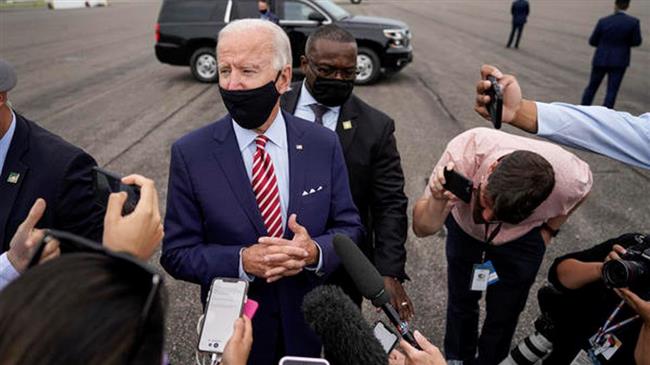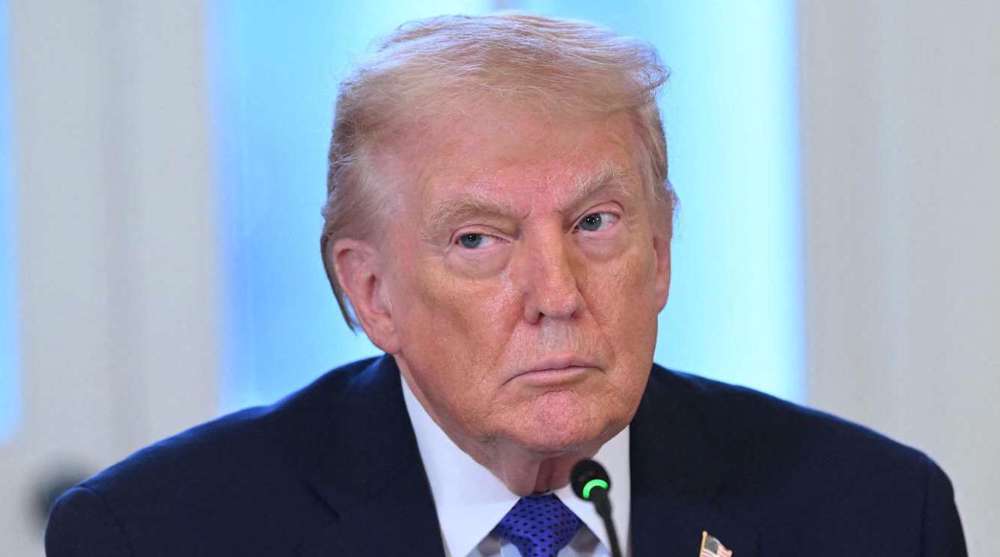Gaffe-prone Biden advised to avoid impromptu questions
The communications team of US President Joe Biden, who is frequently scorned and ridiculed for his verbal gaffes, has reportedly recommended that the septuagenarian head of state not take impromptu questions from reporters.
White House Press Secretary Jen Psaki revealed on Thursday that Biden’s communications team made the recommendation for fear of what came to pass in his first solo press conference as US president in late March in addition to his past history of tongue slips.
According to Psaki, 78-year-old Biden takes questions "nearly every day that he's out in front of the press."
"That is not something we recommend. In fact, a lot of times we say ‘don’t take questions,'" she added. "But he's going to do what he wants to do because he's the president of the United States."
After the March presser, some observers immediately moved to censure the event for being "staged" and criticized Biden for using cheat sheets to cover up his sporadic forgetfulness.
Critics also took Biden to task for not appearing enthusiastic to frequently meet with journalists and only having one solo press conference as president some two months after he was sworn into office.
During public addresses, Biden is prone to gaffes, blunders and slips of the tongue, with many becoming objects of ridicule. One of the latest gaffes took place during a speech on Tuesday in which the president mistakenly called for visiting the US vaccine website "vaccines.gum" instead of "vaccines.gov".
The 78-year-old US president, the oldest man to occupy the Oval Office, is speculated by his critics to be suffering from dementia, a condition that results in a person’s cognitive decline and various brain disorders.
The US president, who had caught everyone’s attention with his malapropisms, mispronunciations and slurred remarks during the last year’s election campaign, was branded “Sleepy Joe” by his Republican rival, Donald Trump, who went to the extent of suggesting that his cognitive abilities be tested.
Biden, who survived two brain aneurysms in the late 1980s, has refused to take a cognitive test for dementia, even though concerns are mounting over his deteriorating health, which some fear could even compromise the US national security interests.
VIDEO | An unchecked presidency
VIDEO | Deportations strain Afghanistan’s fragile economy
‘Full-scale atrocity’: Iran security body reports 2,427 martyrs in foreign-backed riots
Smallest coffins are the heaviest: The three youngest victims of foreign-backed riots in Iran
Hamas warns of ‘systematic Israeli violations’ as Gaza ceasefire teeters
Israeli strikes kill 11 across Gaza, including children and journalists: Palestinian medics
US forces transferring Daesh prisoners from Syria to Iraq: CENTCOM
Press TV's news headlines












 This makes it easy to access the Press TV website
This makes it easy to access the Press TV website